10 ways to save the planet, according to Country Life
There are many practical ways in which we–individuals, groups and Government–can make a difference to our planet, both locally and nationally. As the General Election looms, we present 10 areas where improvement is badly needed.
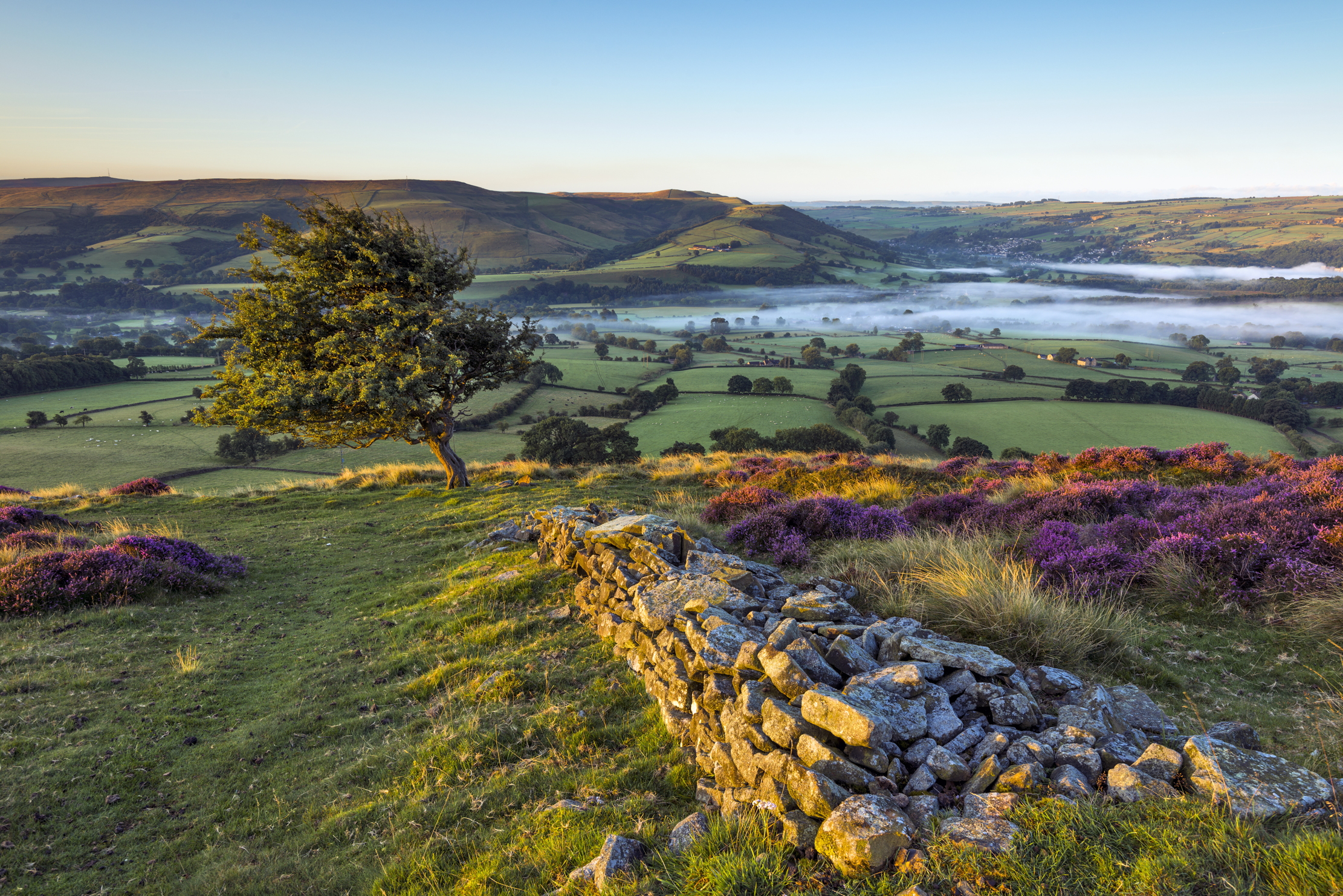

1. Turn on the night
Artificial night light obscures the celestial magic of natural wonders, such as the Aurora Borealis, drives biodiversity loss and negatively affects our circadian rhythms and physical and mental health. We endorse Dark Sky International’s recommendation to reduce average illumination levels by switching to dimmers, motion sensors and timers; using LED lighting and warm white bulbs for reduced illuminance; and directing the angle of essential light downwards. The worst pollution comes from commercial buildings and offices, where whole floors are left lit up at night; these establishments should be required to turn off unnecessary indoor lighting.
2. Give British food more shelf space
Problems with food packaging extend far beyond the excessive amount of plastic used. Labels can also be misleading, because the presence of a Union Flag doesn’t automatically mean that the item was grown in the UK; it can mean merely that it was processed here with ingredients from abroad. As well as setting aside more space for British produce on supermarket shelves, there should be an EPC-style rating that takes into account criteria such as how the product was reared or grown, where it came from and how it has been transported and packaged.
'The Government must introduce and enforce harsher penalties for companies and individuals who continue blindly to pollute UK waterways and seas'
3. Bring back local abattoirs
Small abattoirs are closing at a rate of 10% a year, forcing farmers to shut down operations and animals to travel distressingly long distances to slaughter (some more than 200 miles). It is especially a problem for smallholders and smaller-scale farmers of native breeds and does nothing for the oft-quoted mantra of eating locally. A Smaller Abattoir Fund of £4 million will award grants of between £2,000 and £60,000 at a 40% intervention rate (deadline September 30) and Rishi Sunak promised up to £3 million at the recent Farm to Fork summit for new and mobile abattoirs, a figure that, considering costly building supplies, seems minimal for a countrywide proposition.
Another problem is the lack of skilled labourers post-Brexit. Efforts have been made to redress the problem — which affects many other sectors — but it needs higher priority status and the implication of visas or apprentice schemes. The planning process, also, could be streamlined.
4. Standardise recycling
Although the Government’s Environment Act 2021 aims to streamline and simplify household recycling by 2026, the system is still too confusing; we need a single, nationwide recycling system, plus further emphasis on reducing and re-using. Currently, the UK only recycles on average 42%–44% of our rubbish (Wales is easily the best of the four nations) and, shamefully, produces more plastic waste per person than almost any other country in the world. Depressingly, Greenpeace claims that more than half of the household plastic packaging (the equivalent of 3½ Olympic swimming pools every day) that the Government says is recycled is, in fact, sent abroad.
5. Decarbonise housing
According to the Climate Change Committee, buildings produce 17% of the country’s emissions due to poor insulation and fossil-fuel usage — older stock poses the largest problem. We are calling on the next government to launch an ambitious scheme, for instance offering tax breaks for retrofitting works, as well as working in partnership with the finance sector to achieve rapid, fair greening of the built environment. Although new housing is generally far more energy efficient when finished, it has high carbon, environmental and biodiversity costs and it is not being properly policed either, so rules should be tightened to ensure developers genuinely offset the impact of their projects.
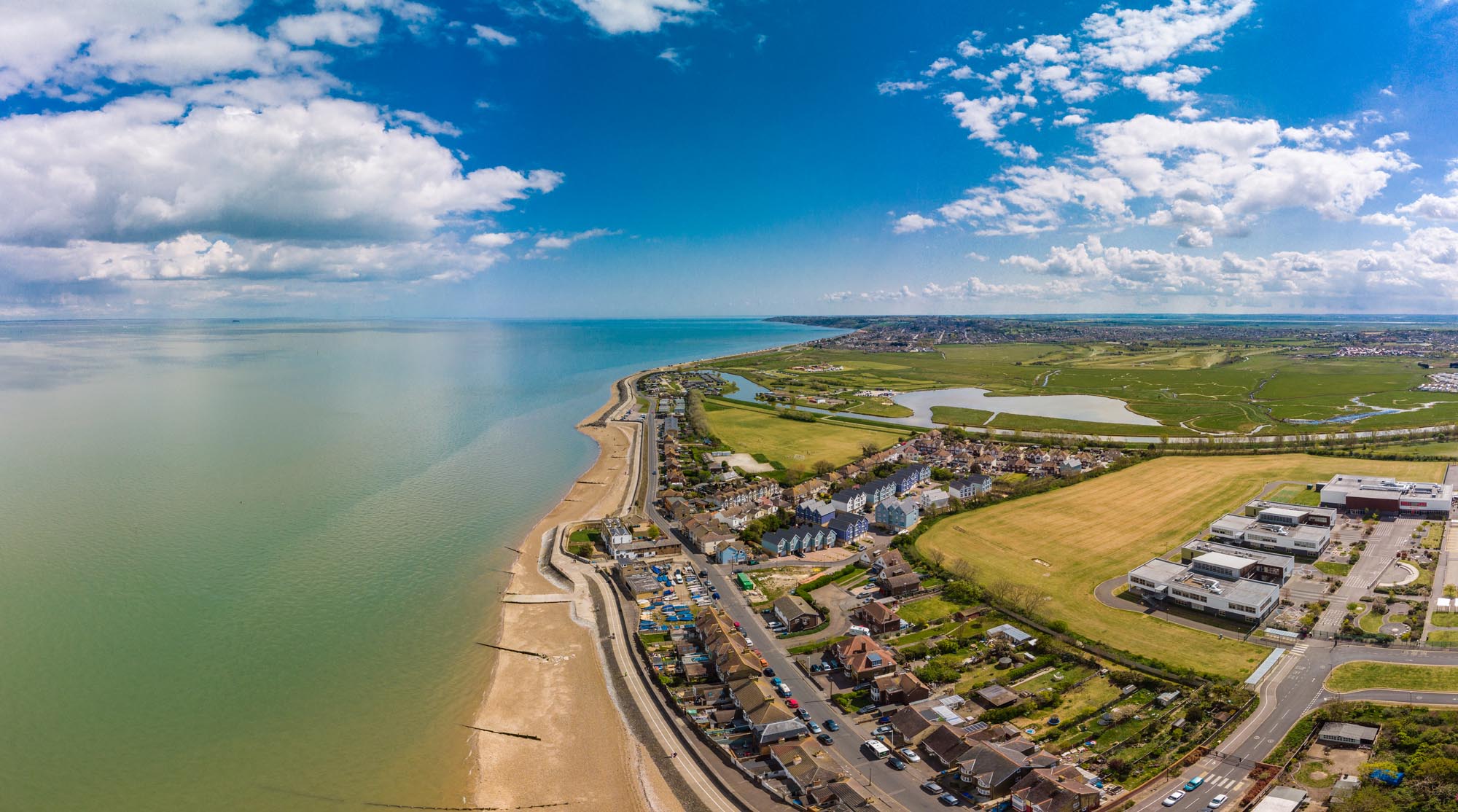
6. Make water polluters pay
We applaud the sterling work done by such bodies as the Rivers Trust, Surfers Against Sewage — which is calling for an end to sewage discharge into UK bathing water by 2030 — and Client Earth, which is demanding high protection status for a minimum of 30% of the ocean and all UK Marine Protected Areas by 2030. The Government must introduce and enforce harsher penalties for companies and individuals — sadly, this includes some farmers — who continue blindly to pollute UK waterways and seas.
Sign up for the Country Life Newsletter
Exquisite houses, the beauty of Nature, and how to get the most from your life, straight to your inbox.
7. Halt soil degradation
Government figures suggest that nearly 10 million acres of soil are at risk of compaction and nearly five million acres from erosion (What lies beneath). The farming industry needs to be helped financially to work towards curtailing reliance on fertilisers (an issue that is causing protests in Europe) and, in turn, should monitor far more closely the run-off of polluted water into waterways, both from crops on heavily impacted soil or from livestock — the chicken farming that has degraded the River Wye is a prime example. If we look after the soil, by encouraging more organic/regenerative farming practices, less fertiliser will be used and won’t end up polluting water.
8. Scrutinise greenwashing
There needs to be greater scrutiny of prominent firms that either produce excess carbon emissions or profit from carbon production, yet continue to justify their activities through ‘greenwashing’. For too long, firms have used excess profit obtained from harmful practices to try to clean their name, rather than their pollution.
'Polarised debate is halting progress on environmental aims and the work of myriad individual projects is devalued'
9. Sign up for actions, not protests
We are already a nation of altruistic volunteers, but if all the people who band together so readily for mass protests put their energies into constructive volunteering, things could be better and they would earn public sympathy. Instead of leaving everything to land-owners and beleaguered, cash-strapped councils, they could get stuck into maintaining footpaths, collecting litter, picking fruit, creating hedgerows and ponds, clearing waterways, planting community orchards and gardens, linking nature reserves with green corridors and running after-school clubs.
10. Work together
This is probably the hardest to achieve, but polarised debate is halting progress on environmental aims and the work of myriad individual projects is devalued if not linked to others. Both the fieldsports and environmental lobbies want the same things in many issues — to preserve wildlife and beautiful spaces — but there is arrogance on both sides and it all gets bogged down in point-scoring, outdated class warfare and a refusal to accept that certain species need management to ensure the success of others. Many individual projects are commendable and set an example, but they would be much more valuable if they were linked. The GWCT ‘Farmer Clusters’, which link habitat and target geographically relevant species, are the blueprint.
The Country Life Green Manifesto is part of the Sustainability Issue, which is on sale now
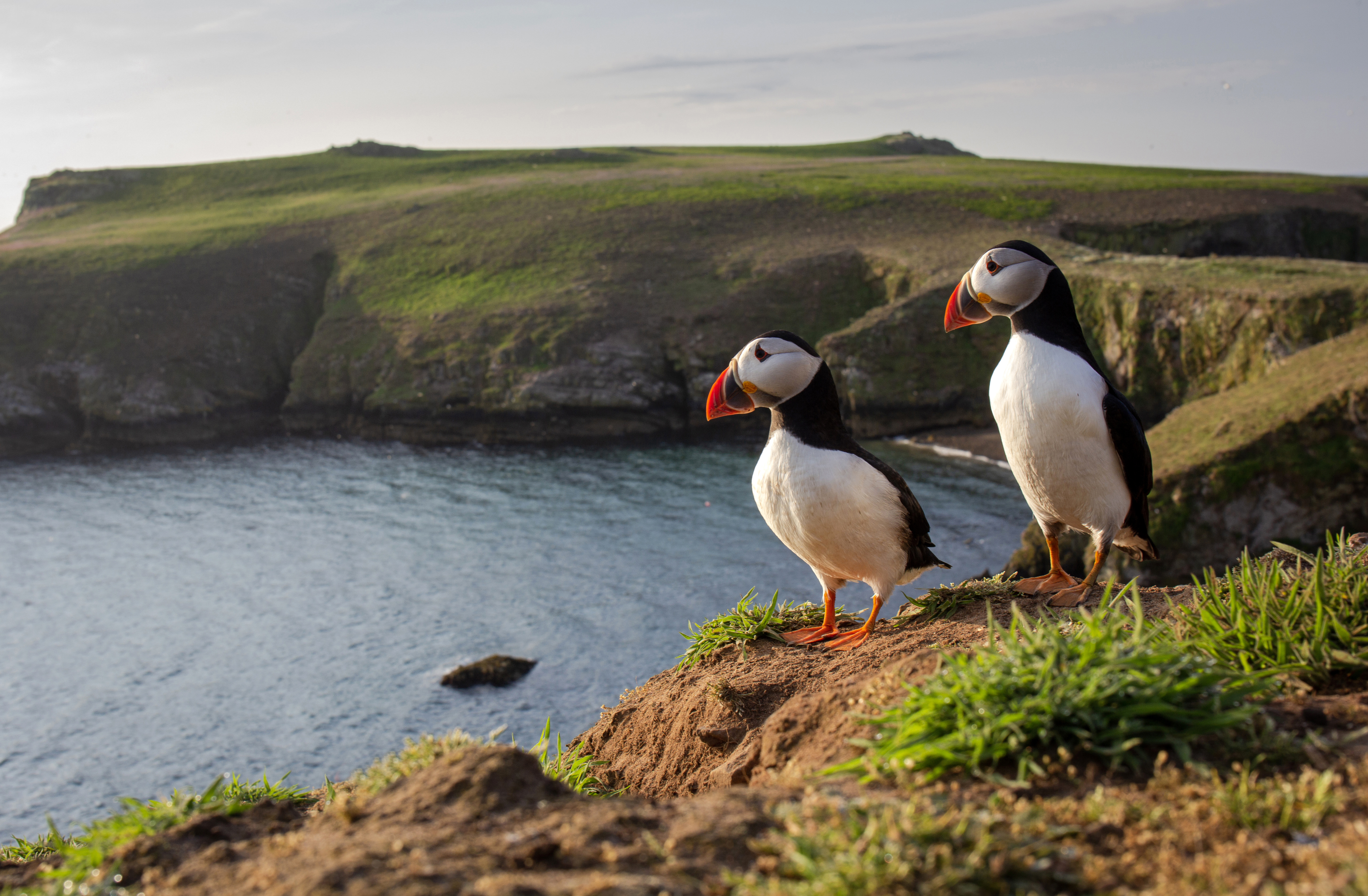
The wildlife safaris you can take without even leaving Britain, from puffins and golden eagles to dolphins and deer
The word ‘safari’ may evoke lions and Land Cruisers, but you’ll never run out of wildlife-based thrills on these shores.
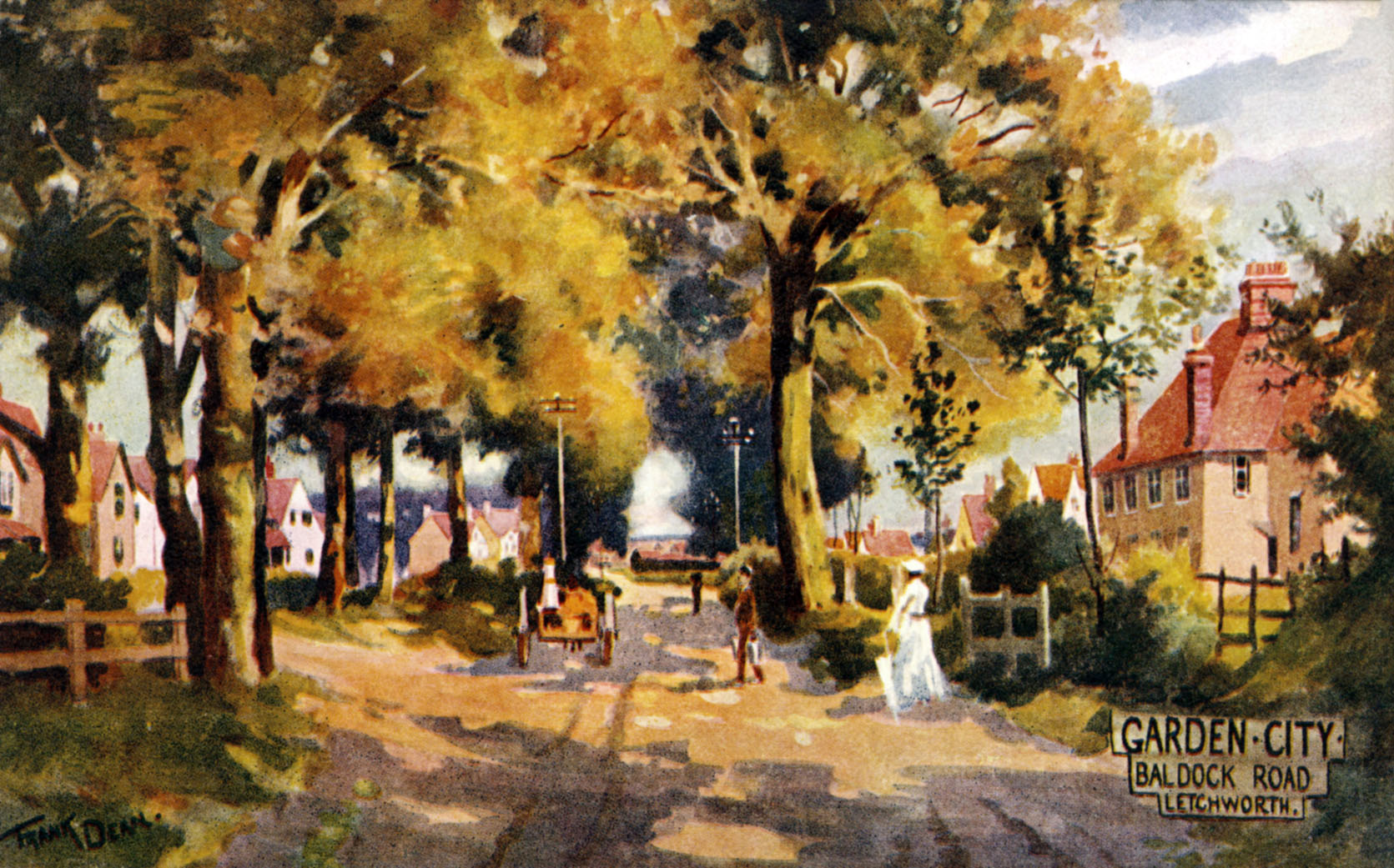
Curious Questions: Why did the Garden Cities of Tomorrow never catch on?
The worst excesses of the Industrial Revolution prompted some truly forward-thinking urban planning as far back as the 19th century
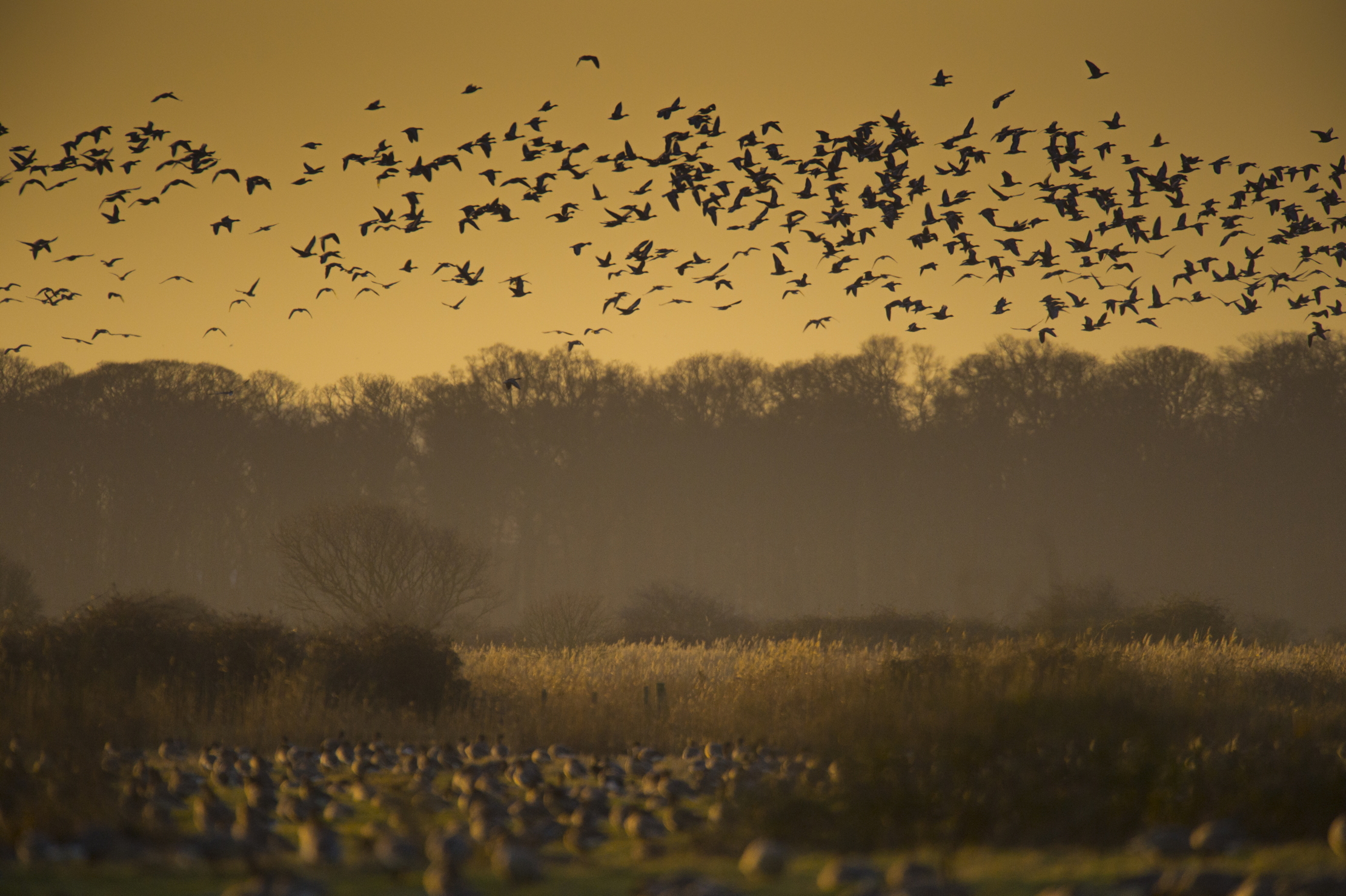
Sir Peter Scott: the Olympic sailor, national glider-flying champion and Second World War veteran who became the father of wildfowl conservation
As well as helping found the WWF and designing its panda logo, he also took part in a hunt to
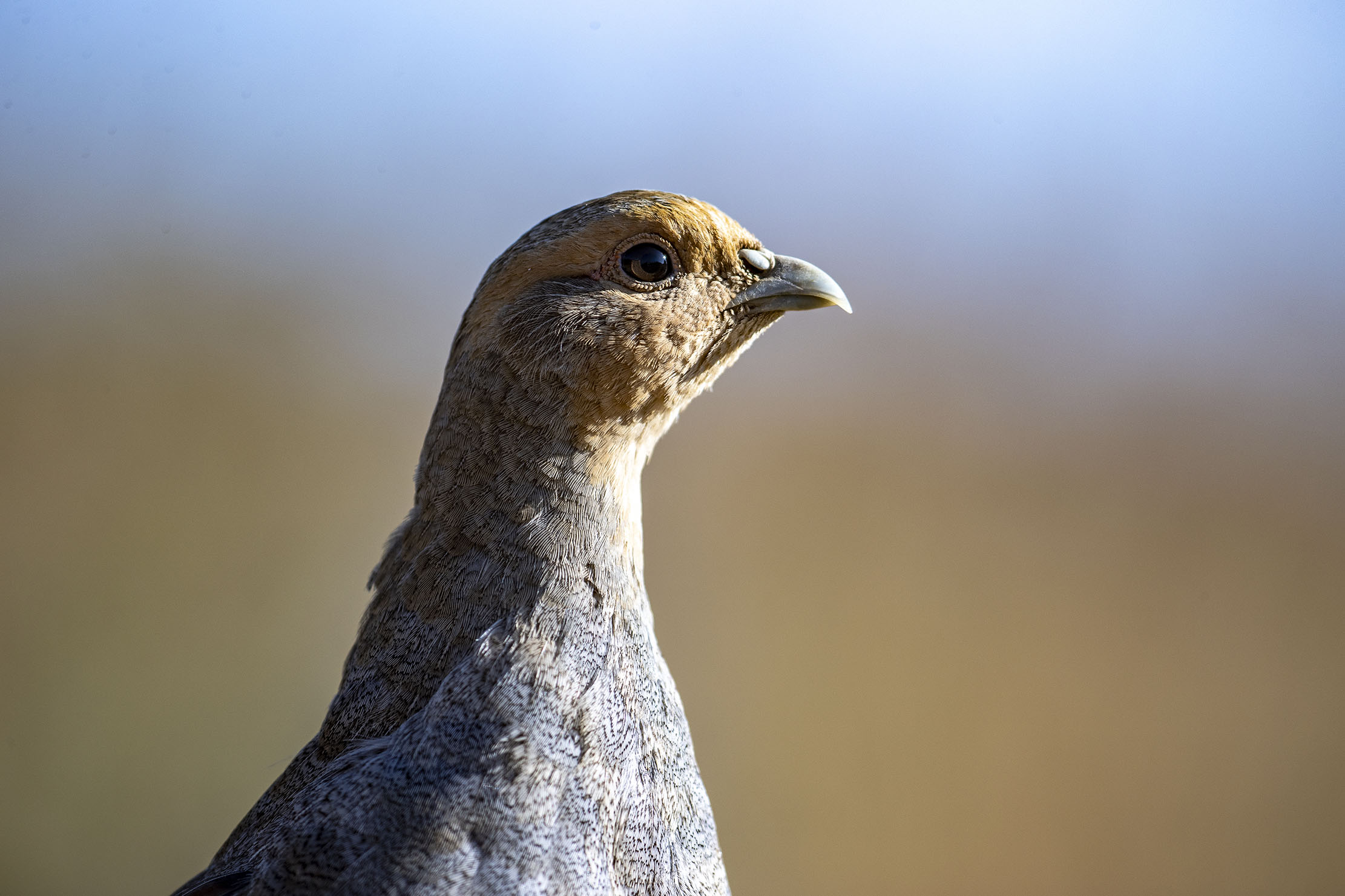
Credit: Tarquin Millington-Drake
Tarquin Millington-Drake's tale of 500 hours, 45,000 photos, and the endless subtlety of the wild grey partridge
Photographer and author Tarquin Millington-Drake's dedication to capturing wild grey partridge is extraordinary. Paula Lester went to meet him.
Country Life is unlike any other magazine: the only glossy weekly on the newsstand and the only magazine that has been guest-edited by HRH The King not once, but twice. It is a celebration of modern rural life and all its diverse joys and pleasures — that was first published in Queen Victoria's Diamond Jubilee year. Our eclectic mixture of witty and informative content — from the most up-to-date property news and commentary and a coveted glimpse inside some of the UK's best houses and gardens, to gardening, the arts and interior design, written by experts in their field — still cannot be found in print or online, anywhere else.
-
 What should 1.5 million new homes look like?
What should 1.5 million new homes look like?The King's recent visit to Nansledan with the Prime Minister gives us a clue as to Labour's plans, but what are the benefits of traditional architecture? And can they solve a housing crisis?
By Lucy Denton
-
 Having a ruff day: Kennel Club exhibition highlights the plight of vulnerable spaniel breeds
Having a ruff day: Kennel Club exhibition highlights the plight of vulnerable spaniel breedsPhotographer Melody Fisher has been travelling the UK taking photographs of ‘vulnerable’ spaniel breeds.
By Annunciata Elwes
-
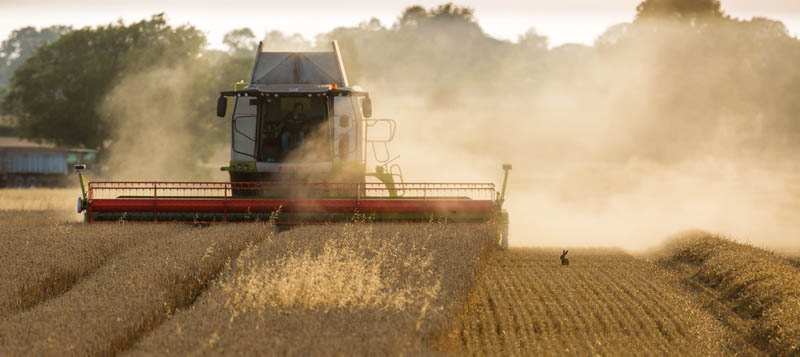 Minette Batters: 'It would be wrong to turn my back on the farming sector in its hour of need'
Minette Batters: 'It would be wrong to turn my back on the farming sector in its hour of need'Minette Batters explains why she's taken a job at Defra, and bemoans the closure of the Sustainable Farming Incentive.
By Minette Batters
-
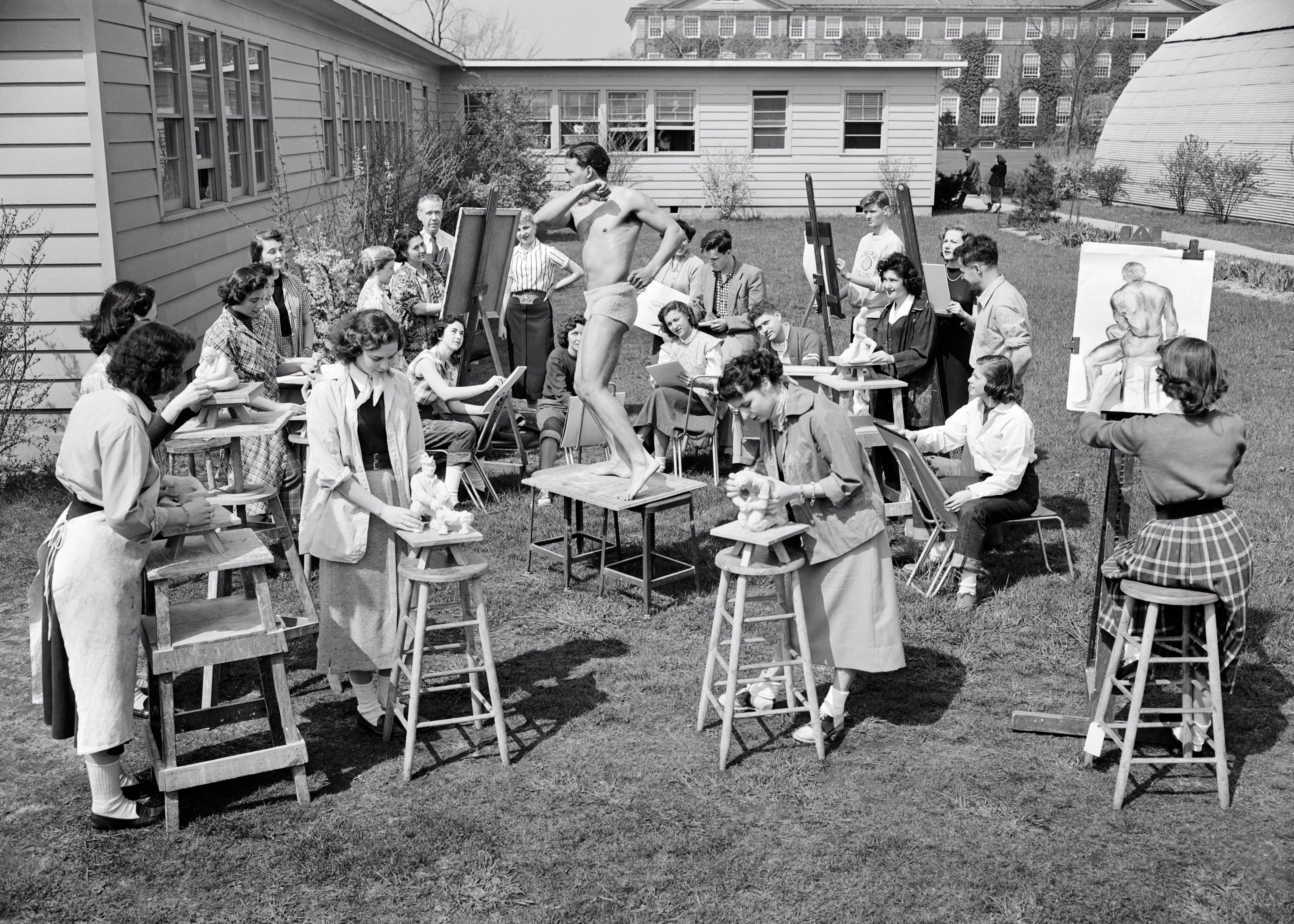 Why it’s imperative that schoolchildren have access to art and design classes
Why it’s imperative that schoolchildren have access to art and design classesThe UK’s creative industries are worth £124.6 billion, but suitable classes are being stripped from the curriculum. Tristram Hunt, director of the V&A, outlines what the Museum is planning to do about it.
By Tristram Hunt
-
 The Country Life Christmas message by Revd Dr Colin Heber-Percy: ‘The most powerful person in the world’ is not an emperor, high priest or CEO, but a helpless baby in the arms of a loving mother
The Country Life Christmas message by Revd Dr Colin Heber-Percy: ‘The most powerful person in the world’ is not an emperor, high priest or CEO, but a helpless baby in the arms of a loving motherRevd Dr Colin Heber-Percy on how Christmas shows us that ‘the most powerful person in the world’ is not an emperor, or a high priest or the CEO of a tech company, but a helpless baby in the arms of a loving mother.
By Rev Dr Colin Heber-Percy
-
 'Keep thy device clean': Country Life's Tech Commandments
'Keep thy device clean': Country Life's Tech CommandmentsWe all use our phones too much. The least we can do is agree on a set of rules for modern etiquette in a digital age.
By Toby Keel
-
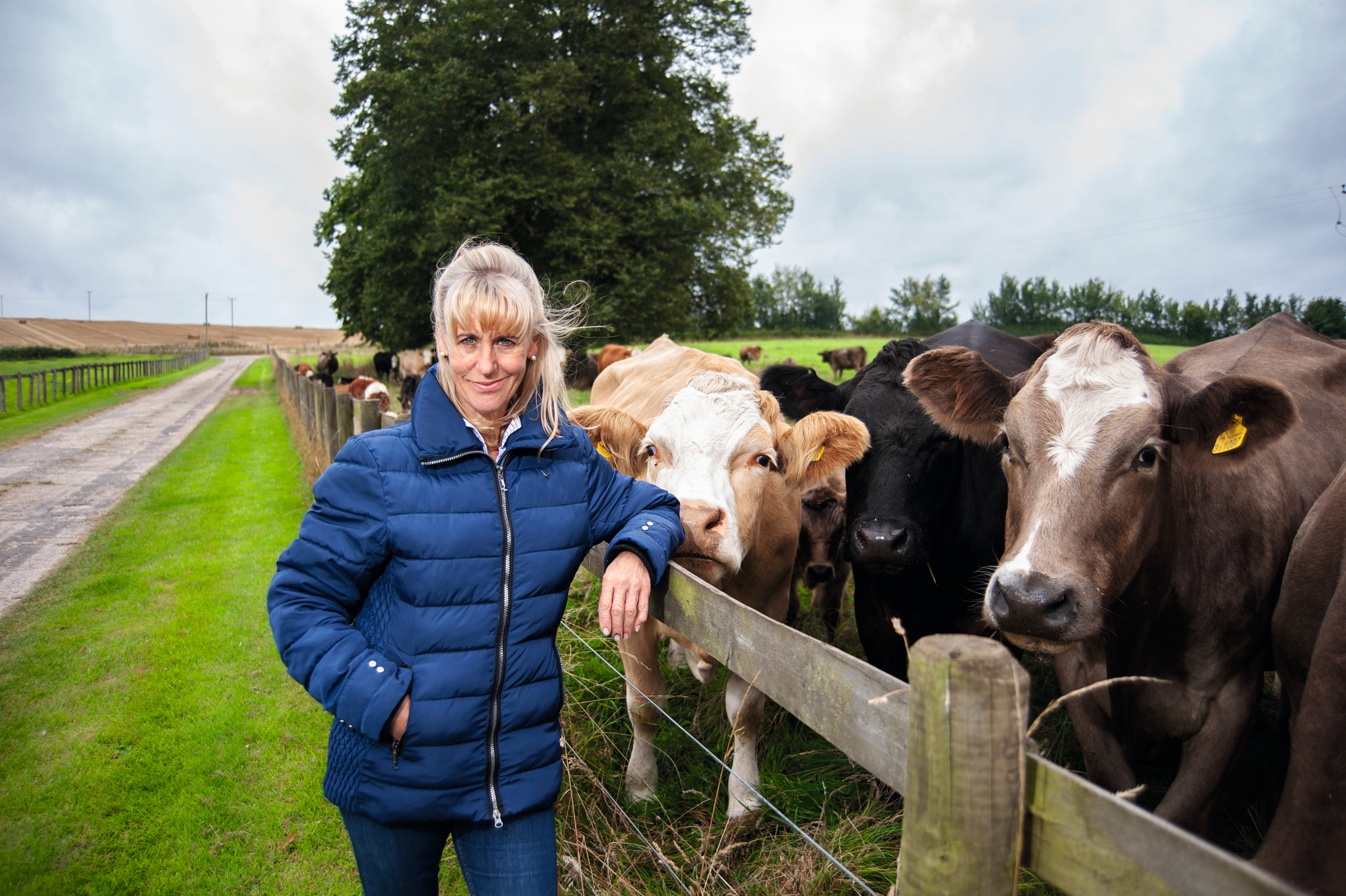 Minette Batters: We need to trade on a level playing field
Minette Batters: We need to trade on a level playing fieldAfter six years leading Britain's largest farming union, Minette Batters talks life after the NFU and why MPs of all parties need to take farming more seriously.
By Minette Batters
-
 British Library cyber attack is a wake up call to the cultural sector
British Library cyber attack is a wake up call to the cultural sectorThankfully, physical objects are safe from cyber warfare, but our cultural institutions need to sit up and take notice, warns Athena
By Country Life
-
 ‘The love we share at Christmas is a refuge. It replenishes our depleted batteries and allows us to go out again into the world’: The 2023 Country Life Christmas message, by Revd Colin Heber-Percy
‘The love we share at Christmas is a refuge. It replenishes our depleted batteries and allows us to go out again into the world’: The 2023 Country Life Christmas message, by Revd Colin Heber-PercyA safe haven, a refuge for rest and relaxation, the place we feel we belong—the concept of ‘home’ differs for each of us. At Christmas, home is so much more than a physical location: it is all around, says the Revd Colin Heber-Percy.
By Rev Dr Colin Heber-Percy
-
 The true story of St Valentine, his legend and legacy of love
The true story of St Valentine, his legend and legacy of loveWhatever the truth of the real St Valentine, the middle of February has been a favourite time for lovers since records began. We take a look at the curious history of St Valentine, and how an ancient martyr came to be remembered as a champion of romantic love.
By Country Life